Members
Ocean Decade UK consists of government representatives and 16 members from across the breadth of ocean science, including established researchers and several early career ocean professionals all coming together to champion the UN Ocean Decade.
Meet our Committee members:
Chair - Matt Frost
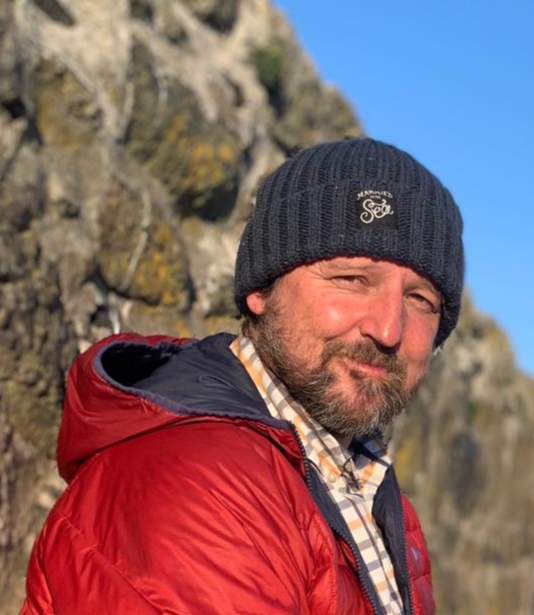
Dr Matt Frost is Head of the International Office at Plymouth Marine Laboratory. Matt specializes in working at the science-policy interface and has a wide range of experience from leading evidence provision and outreach projects to parliamentary and government engagement. Matt works extensively on international matters specialising in networking and science diplomacy. He chairs numerous national and international committees related to marine policy and coordination including the Marine Climate Change Impacts Partnership (including the overseas Group) and the World Association of Marine Stations. Originally trained as a Marine Biologist, Matt is also a trained commercial diver and has published over 160 journal papers, book chapters, reports, and articles.
Aline da Silva Cerqueira

Dr Aline da Silva Cerqueira is a marine conservation scientist and ecoacoustician based at King's College London. Her work integrates ocean science, technology and community engagement, with a focus on how soundscapes reveal marine biodiversity, animal behaviour and environmental change. She has over 30 years of experience in research and conservation, including co-founding Aquasis, a leading NGO protecting threatened species and coastal habitats in Brazil. She works across Brazil and the UK on seascape recovery, blue carbon, climate resilience and community-led conservation, often bridging science with arts and cultural practice.
Aline's work strongly aligns with the UN Ocean Decade, championing inclusive, transdisciplinary, and accessible pathways to restore society's relationship with the ocean.
Amy Bray

Amy is the founder of environmental education charity Another Way. Founded in 2019, the charity aims to promote and support behavioural change for the health of ourselves and the planet engendering an environmentally sustainable community. Amy has deep passion for ocean conservation stemming from reading ‘The Ocean of Life’ by Callum Roberts when she was 12 years old. She is currently studying marine biology at Exeter University. Amy received Cumbria’s Woman of the Year Award in 2019. In 2020 she was named Ambassador for DEFRA's Year of Plant Health. In 2021 she was given the Prime Minister's Points of Light Award.
Antony Firth

Dr Antony Firth, MCIfA, is a marine archaeologist who started his career as a volunteer diver investigating shipwrecks and submerged prehistoric landscapes beneath the Solent. He has worked on many different aspects of marine heritage in the UK and abroad in universities, charities and the private sector. Antony was a founder and co-chair, until October 2021, of the Ocean Decade Heritage Network (ODHN) working with the heritage sector globally to highlight the value of marine heritage in achieving the objectives of the UN Ocean Decade. In November 2021, he was appointed Head of Marine Heritage Strategy at Historic England.
Conor Savage
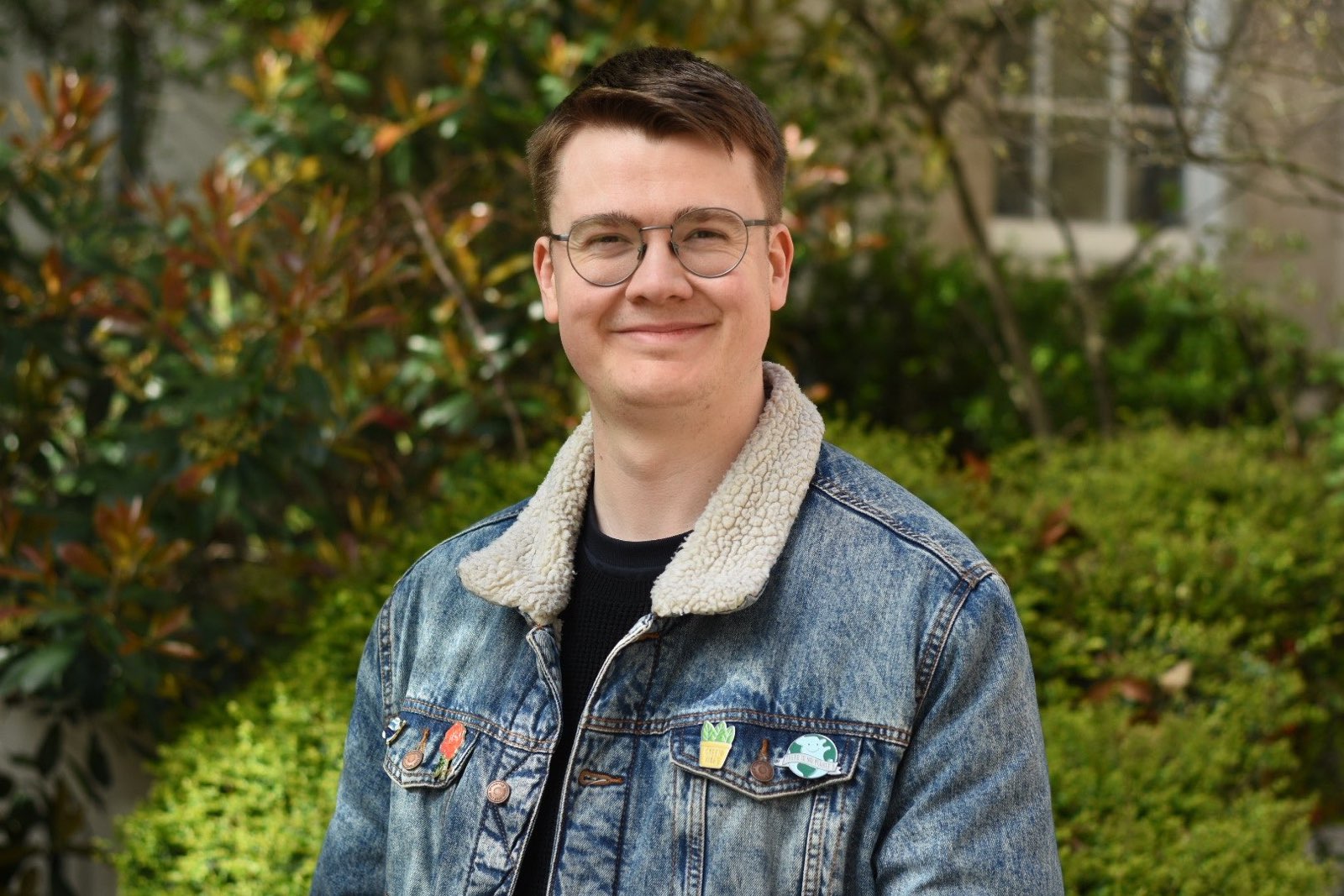
Conor is a sustainable finance expert, having previously headed up the ESG activity of Sainsbury’s Bank. Before this, he was a Climate Reporting Manager with NatWest Group, where he provided advice and technical expertise on climate, nature, and other sustainability-related policy.
Conor has an academic background in Marine Biology, completing both a BSc and MSc at Bangor University, specialising in the impacts of climate change on the Arctic, and how it adversely affects the sea ice-reliant and sea ice-associated species that inhabit it.
Conor volunteers with many organisations involved in the polar and marine fields. This includes but is not limited to the Association of Polar Early Career Scientists, UK Polar Network, IMarEST, and the Early Career Ocean Professionals Programme.
These volunteer roles have taken Conor up into the Arctic and to partake in international conferences shaping the future of the world’s polar regions and oceans.
David Tudor
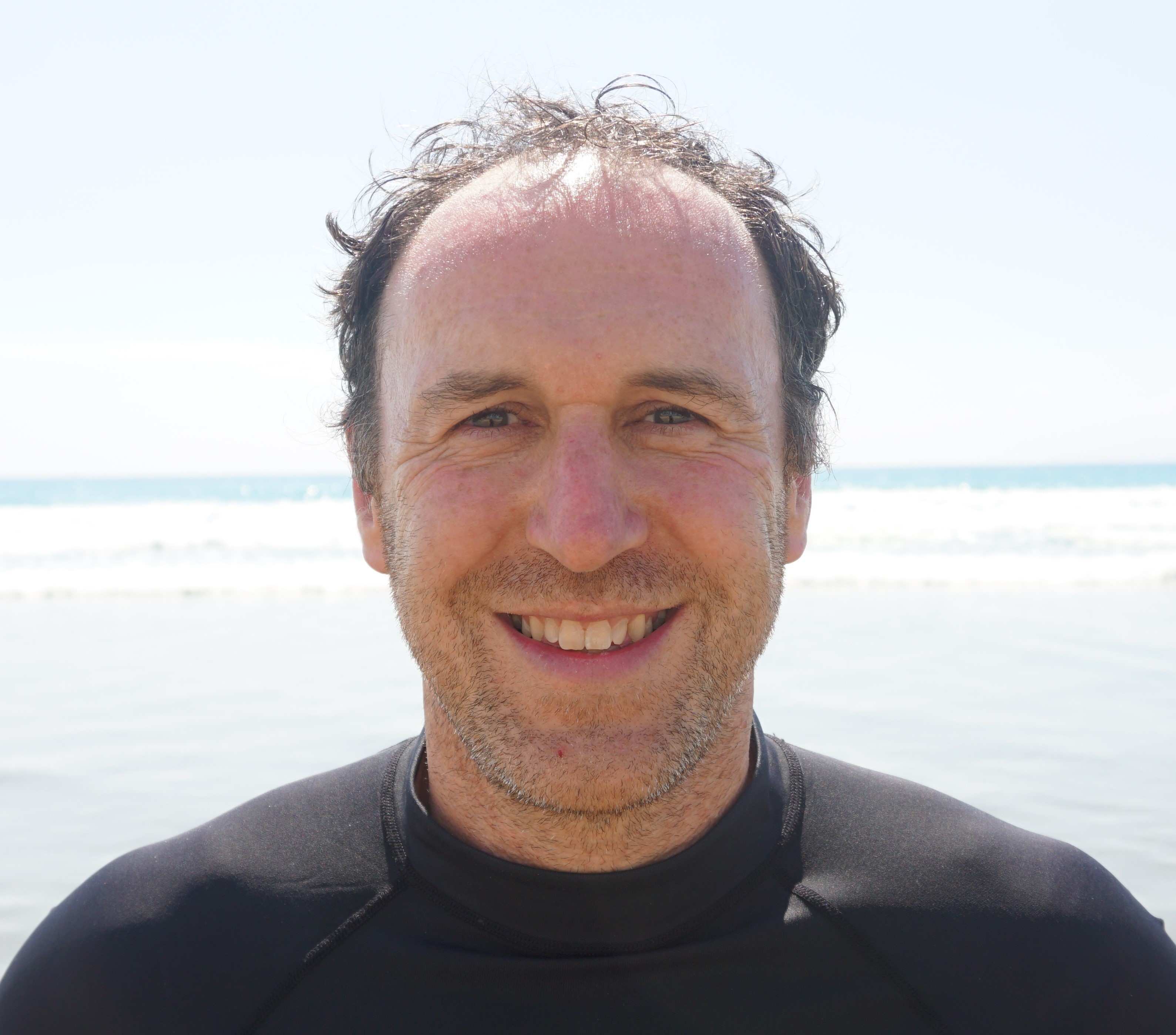
David has worked in marine management for over twenty-five years. His experience includes running environmental campaigns on the beaches of Australia, researching marine plastic pollution in the Pacific, leading on policy advice at a pivotal time for the UK’s marine legislation, and working on the world’s largest offshore renewable energy programme.
David is passionate about sustainable and equitable ocean management and has held numerous senior posts in the marine management sector, including as Head of Marine Planning and Head of Coastal at The Crown Estate, Marine Policy Manager for the Environment Agency and Programme Director at the Blue Marine Foundation.
He is a founding director of Ocean & Coastal Futures, a non-executive director of Pembrokeshire Coastal Forum, as well as a trustee of various marine charities. David has a marine science doctorate and is Chair of the Wales Coasts and Seas Partnership.
Elvira Poloczanska
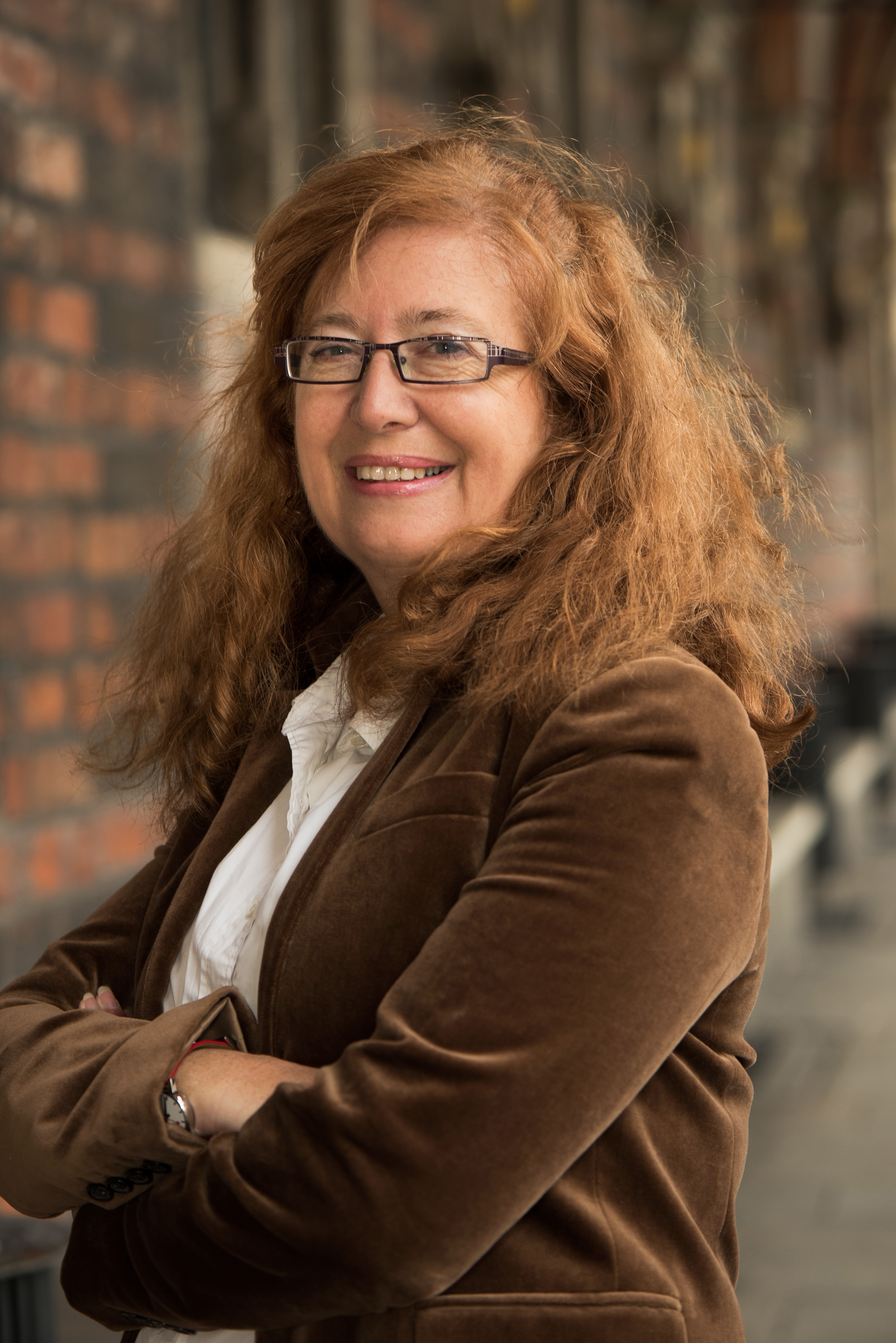
Elvira has extensive experience at the science-policy interface, particularly with Intergovernmental Panel on Climate Change (IPCC). Elvira was a lead author of the Fifth Assessment Report (AR5) of IPCC and Science Advisor to the WGII Co-Chairs of the Sixth Assessment Report (AR6). She is a marine ecologist that has been researching the impacts of climate change on ocean life for more the 20 years. She brings experience with providing accessible, evidence-based information on climate change, particularly on the interconnected challenges of addressing climate change, biodiversity loss and sustainable development. She is a Visiting Fellow at Plymouth Marine Laboratory.
Emma McKinley
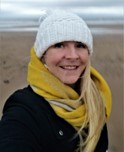
Dr Emma McKinley is a Senior Research Fellow in Marine Social Sciences at Cardiff University. Her research focuses on understanding the complex relationship between society and the sea, taking account of diverse types of perceptions, attitudes and values held by different communities and audiences, and considers how this insight can be used to support effective ocean governance. In September 2018, Emma founded the Marine Social Science Network, a global, interdisciplinary community of researchers and practitioners working across marine social sciences, which she chairs. Emma sits on the Wales Coast and Seas Partnership, the Wales Ocean Literacy Coalition, and the IOC-UNESCO Group of Experts on Ocean Literacy.
Gareth Cunnigham
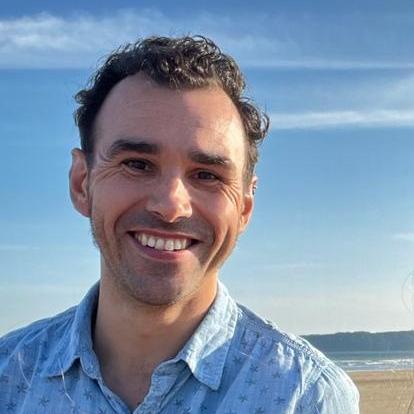
Gareth is Director of Conservation & Policy at the Marine Conservation Society and a member of the UN endorsed Ocean Acidification Research for Sustainability, policy group. With a broad experience, ranging from work as a Nature regulator, a restoration practitioner, to over a decade working as part of the Global birdlife family, working to restore globally important seabird colonies both in the UK and across Europe. With a background in marine policy and legislation, Gareth now works across the UK advocating for the urgent transformation needed to deliver healthy UK seas, to tackle the nature and climate crises, support increased ocean literacy and secure sustainable, high integrity, investment that delivers social-economic wins.
Gina Reinhardt
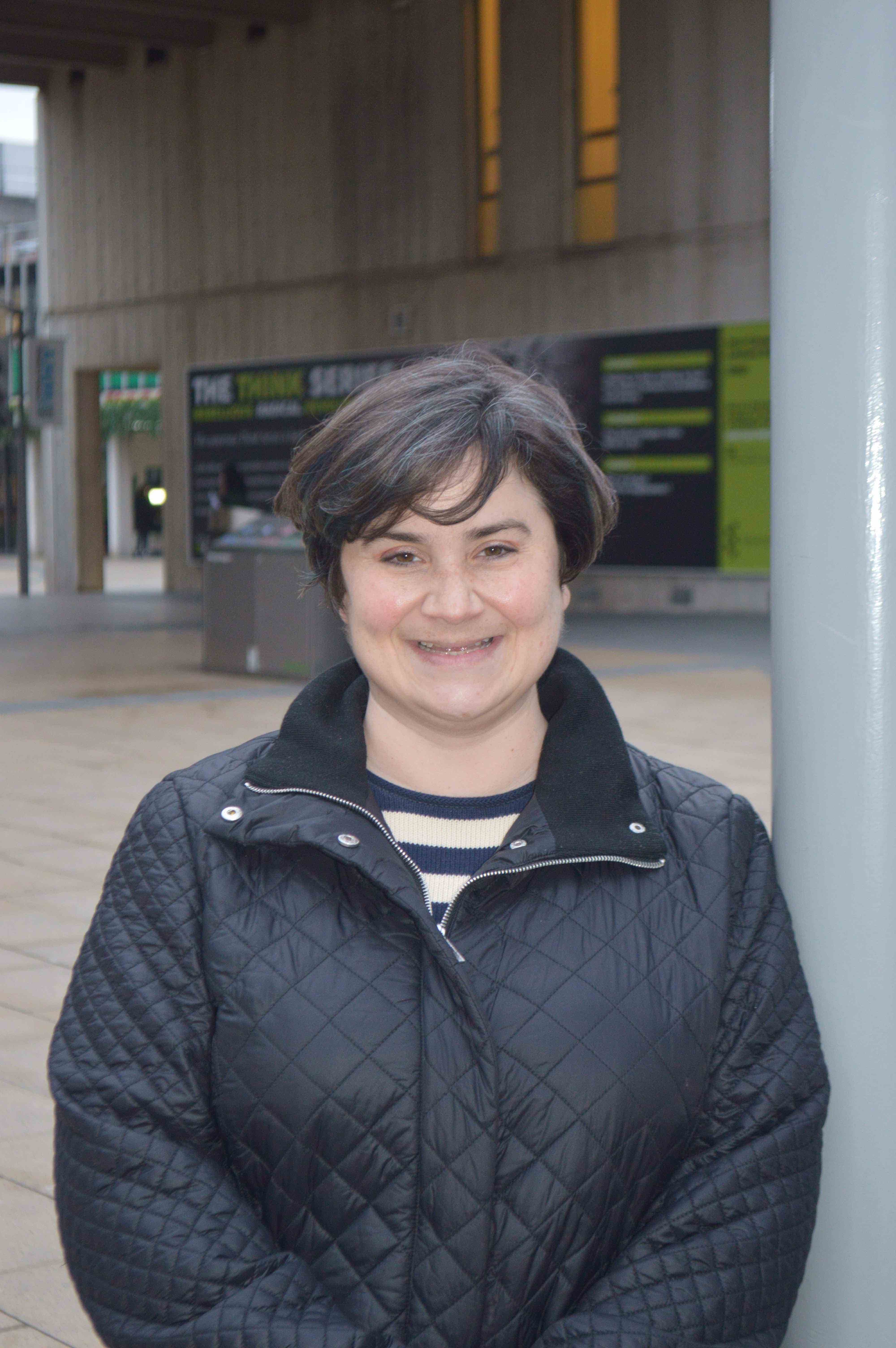
Professor Dr Gina Yannitell Reinhardt is a member of the Department of Government at the University of Essex. She has 20 years’ experience of teaching and conducting policy and impact analyses on climate change resilience, social health and loneliness, and survey and interview methods. Professor Reinhardt is reputed for her work on difficult-to-measure concepts such as political and interpersonal trust, cultural value systems, wellbeing, happiness and adaptation to climate threats. She partners with local, national, and international authorities to advise evidence-based policy decision making, and has advised the UK Government on its 21st Century Resilience Integrated Review.
Hayley Roberts
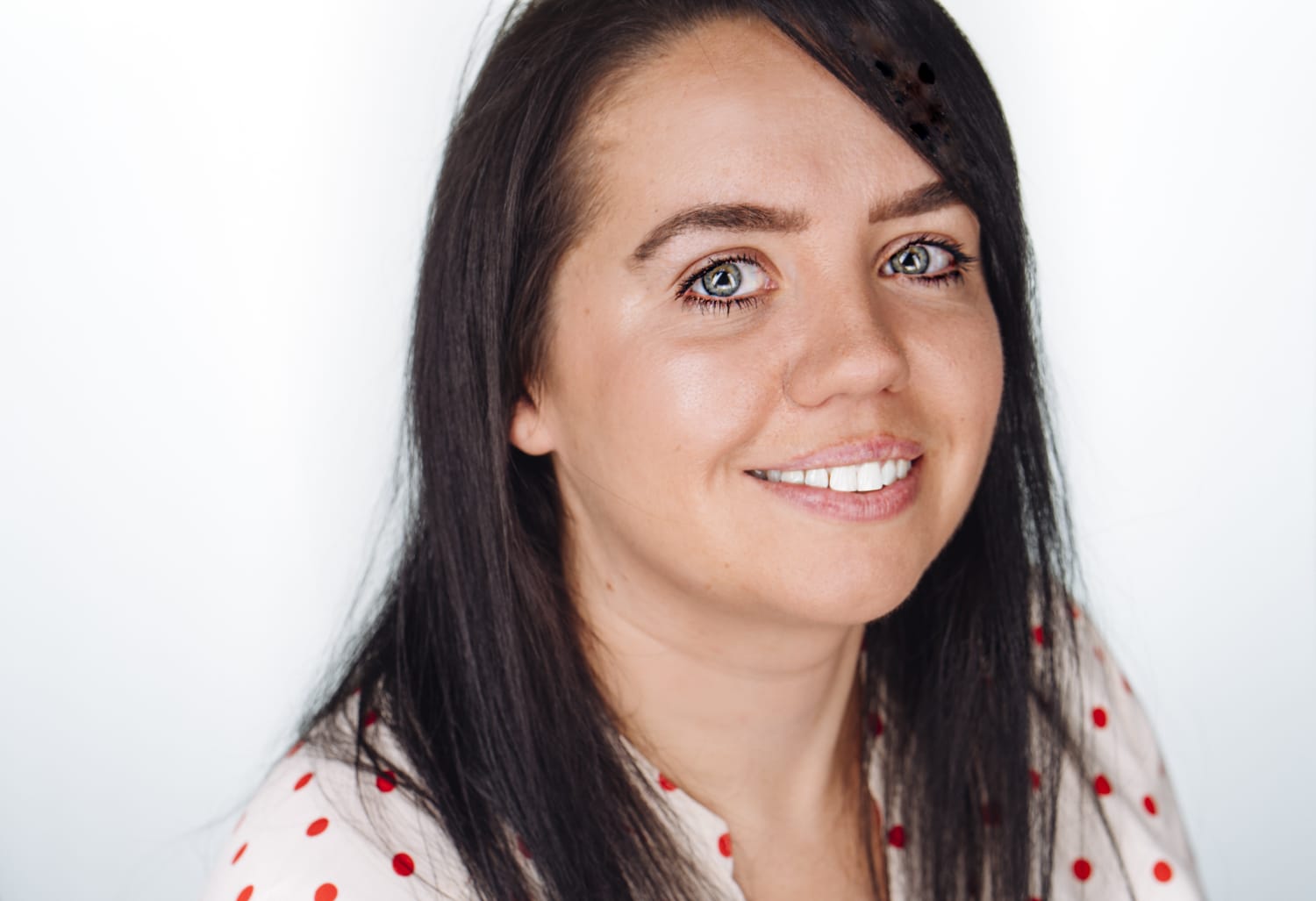
Dr Hayley Roberts is Reader in Public International Law and Head of Law at Bangor University, specialising in the international law of the sea. Her research focuses on the international protection of underwater cultural heritage, particularly wrecked warships, and the ways in which the law of the sea addresses climate change. Hayley serves as Vice-Chair of the Royal Commission on the Ancient and Historical Monuments of Wales, is a Regional Advisory Panel member for HENEB, and sits on the Underwater Heritage Group of Blue Shield UK. She is also a member of the Editorial Board for Ocean Development and International Law.
Katrina Ryan
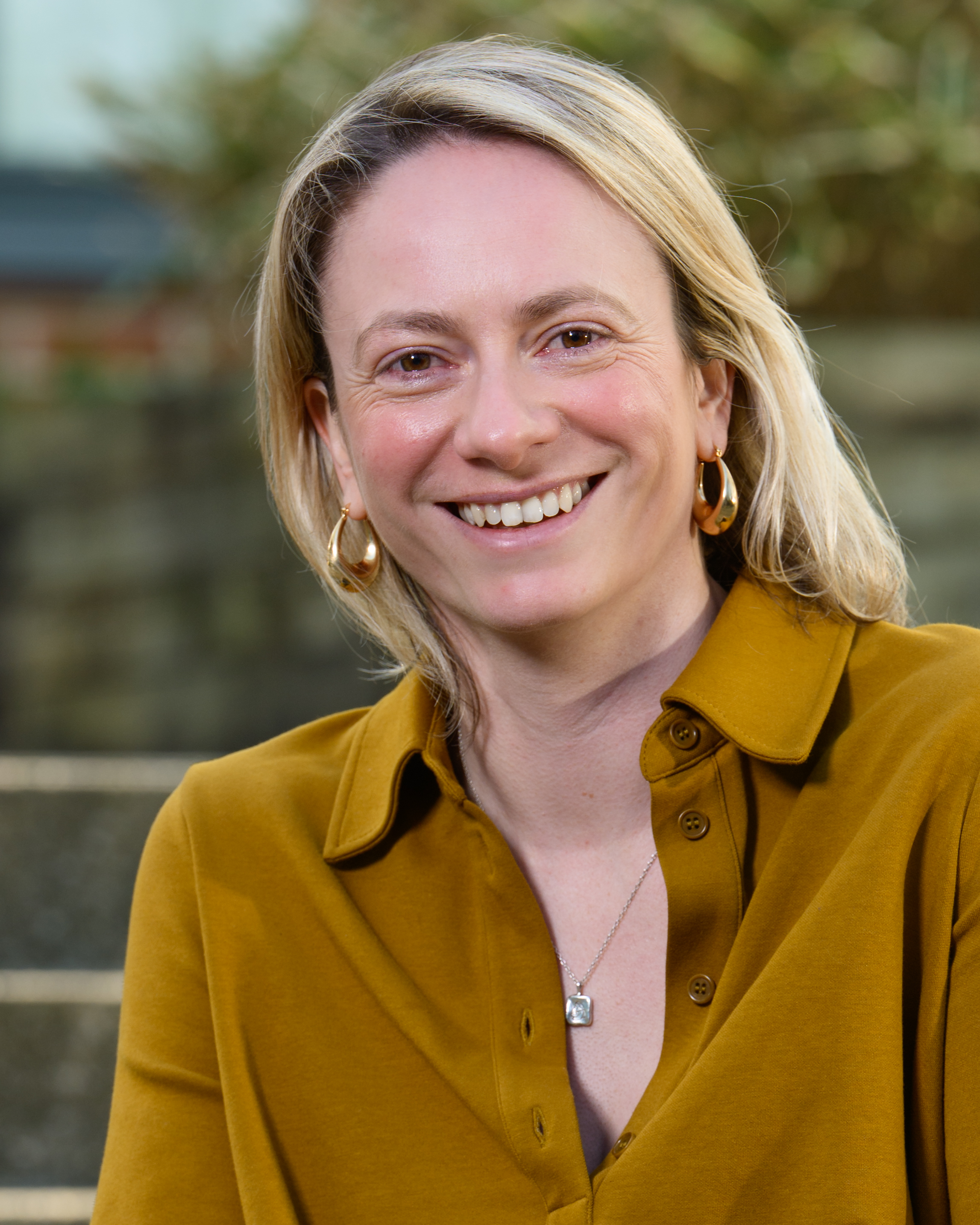
Katrina Ryan is the Founder Director of Mindfully Wired, a communications and research consultancy that has supported hundreds of ocean-focused projects since it launched more than a decade ago. Coming from an arts background, Katrina's career is built around better connecting diverse audiences to marine science through creativity; convening between groups to drive forwards ocean and coastal protection, and; building capacity in environmental and research organisations to better communicate their work. Mindfully Wired works across more than 20 countries, with projects covering everything from blue carbon to youth ocean activism; fisheries gear innovation to AI-powered conservation technology.
Alongside her leading role in Mindfully Wired, Katrina has worked internationally as a consultant chair, facilitator, rapporteur and board member for an array of environmental organisations.
Lydia Bach

Dr Bach is passionate about advancing our understanding of marine systems, specifically the links between marine biodiversity, ecosystem process and function in the context of human driven change. To achieve this, she uses statistical techniques to approach both hypotheses, exploratory studies field observations and experiments. She is currently working at Glascow, modelling how disturbances impact biodiversity and stability of communities to give her a mechanistic understanding of how marine ecosystems will be impacted in the future. Prior to her current role Lydia pursued her PhD at Queen’s University, Belfast as part of the Coastal Biodiversity Ecosystem Service and Sustainability Consortium (CBESS), the largest coastal margin campaign in the UK (United Kingdom).
Michelle Frost

Dr Michelle Frost is an early career researcher at Edinburgh Napier University where she is coordinating the ‘West of Scotland Herring Hunt’ (WOSHH) project that aims to detect large herring shoals during their spawning season in Scottish inshore waters, as well as identifying herring spawning habitat on the west coast. The project collaborates with local community members in innovative field work and citizen science, while also seeking to foster dialogue among marine stakeholders in spatially constrained areas.
Michelle completed her MRes and PhD at the University of Aberdeen researching the thermal niche and population connectivity of two critically endangered skate species and worked as a Research Fellow at Edinburgh Napier with a team of UK and Indonesian universities to evaluate the success of community-based mangrove restoration projects.
Natalie Fox
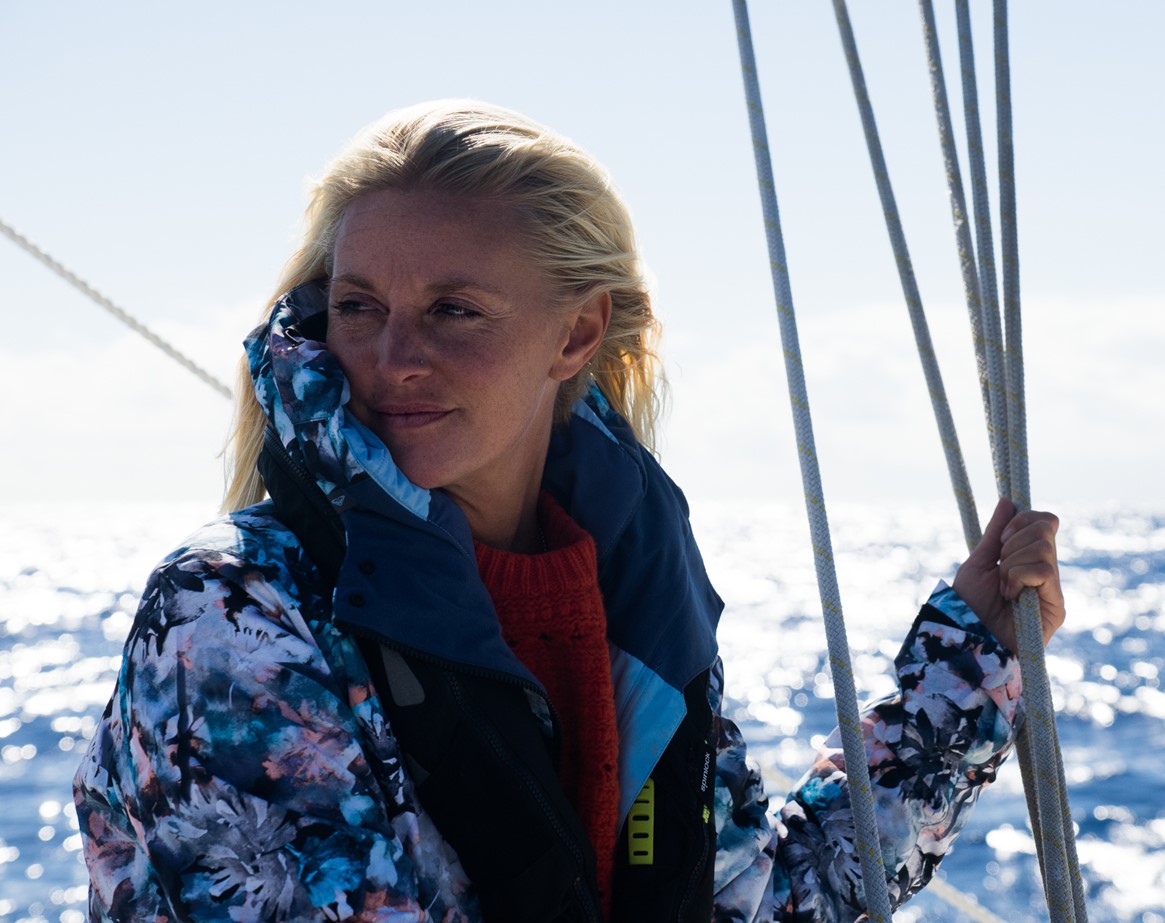
Natalie is an ocean advocate, surf instructor and MSc sustainability graduate, with her first research project “Ocean Literacy and Surfing: Understanding How Interactions in Coastal Ecosystems Inform Blue Space User’s Awareness of the Ocean” being published in 2021. She is passionate about ocean literacy and citizen science, as well as the health benefits of the Ocean, founding Citizens of Surf, an endorsed Decade of Ocean Science Project in 2021. She joined IOC-UNESCO as Communications Coordinator for the Early Career Ocean Professionals Programme (within the UN Ocean Decade) from 2022 to 2025, helping to elevate its membership from 800 to 4000. She now works as Communications and Engagement Coordinator for RISE UP for the Ocean; a global network uniting diverse voices to influence and strengthen global ocean policy.
Sien van der Plank
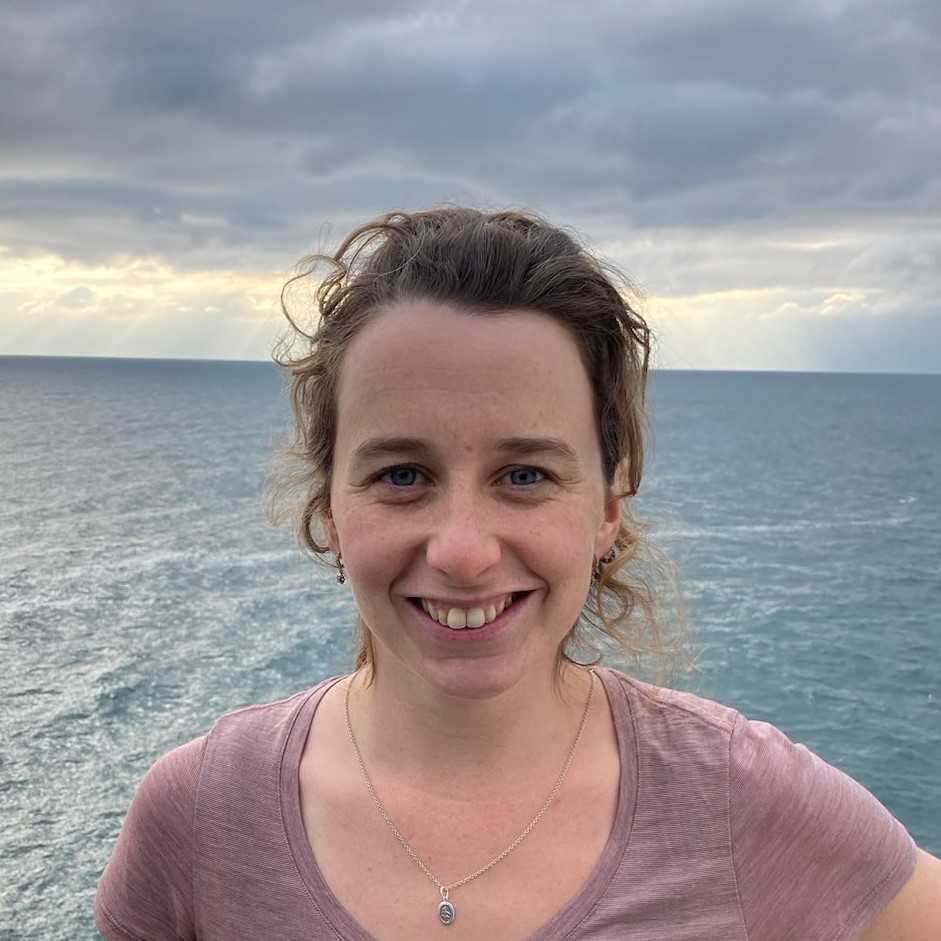
Dr Sien van der Plank is an early career researcher currently based at the University of Southampton. Her research interests are in the response of coastal communities to environmental changes in their locality. Sien has designed and delivered public engagement projects across a range of subject areas to diverse audiences, including school groups and early career professionals in the UK and internationally. As a National Decade Committee member, she hopes to support the involvement of inland communities in the UN Decade of Ocean Science for Sustainable Development; although removed from the ocean and the coast, their lives are intertwined with the sustainability of the oceans too.
Victoria Chinery
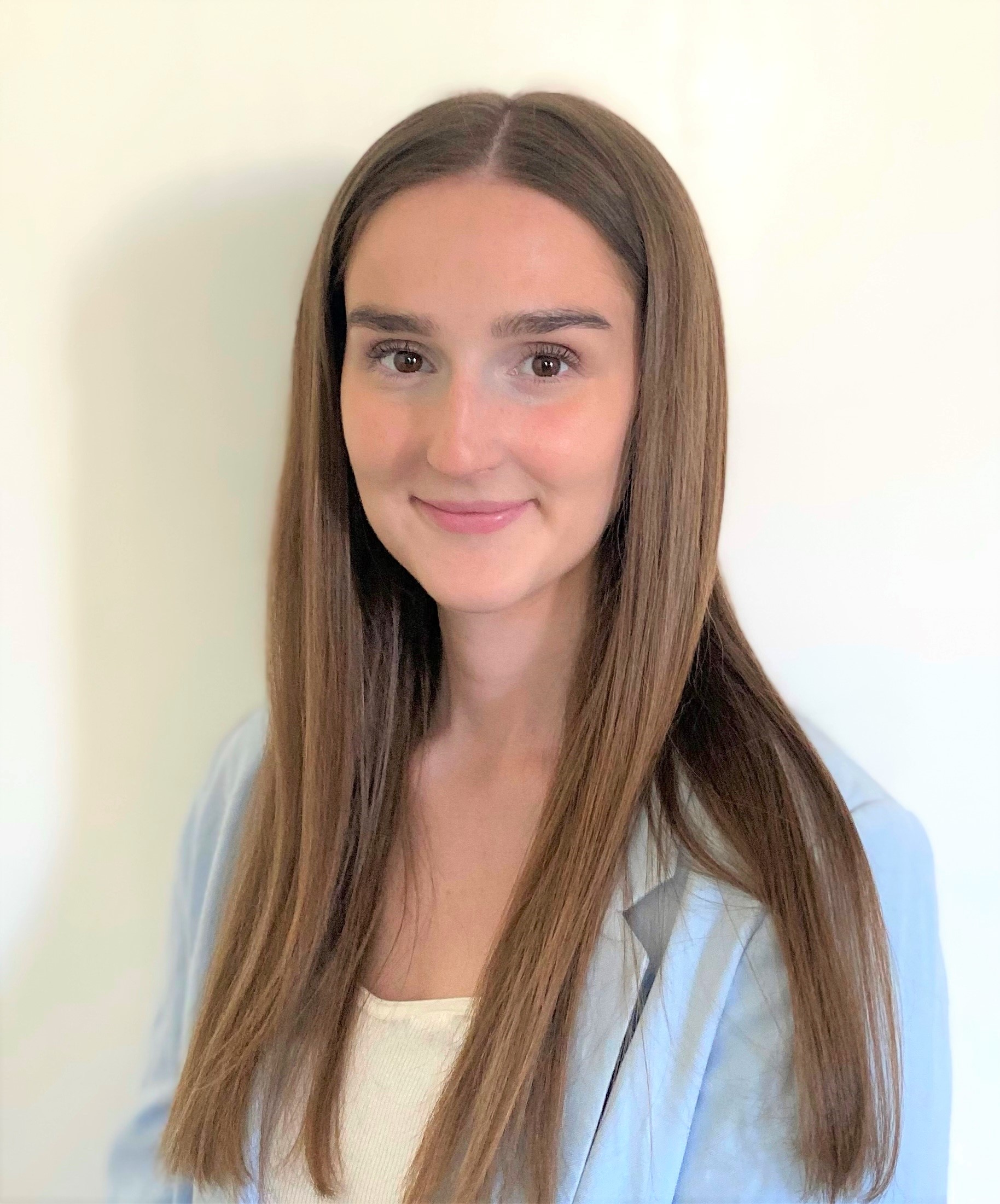
Victoria is a Geospatial Information Specialist. Within this role she analyses marine geospatial data to support safe, secure, and thriving oceans. She holds a bachelor’s degree in Marine Biology and Zoology with International Experience, and a master’s degree in Marine Environmental Protection. Victoria is passionate about increasing marine data accessibility and mapping the world’s oceans.
Government Representatives
Caroline Culshaw
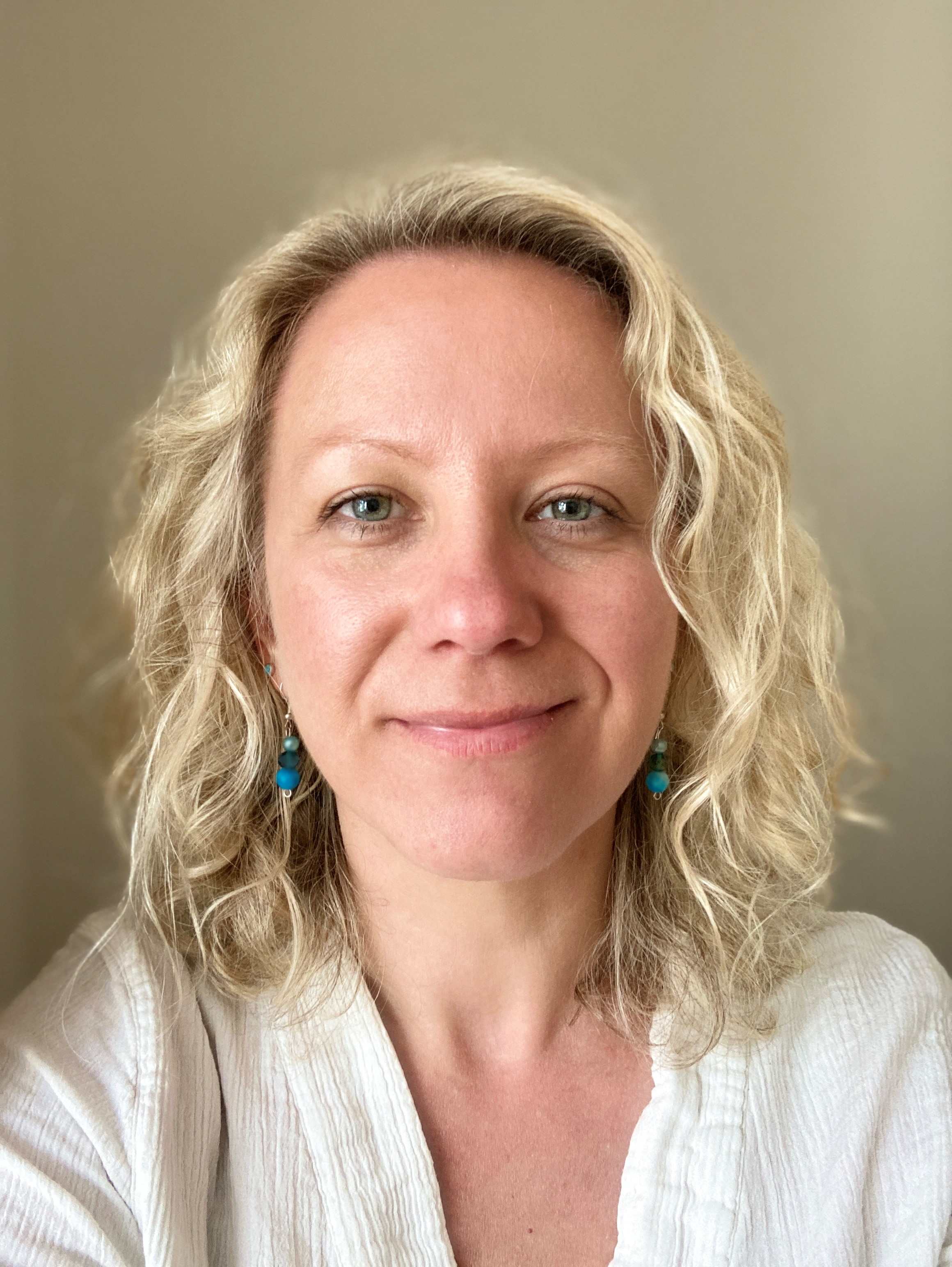
Dr Caroline Culshaw is the lead ocean science advisor in the International Marine Environment division of the Department of Environment, Food and Rural Affairs. The International Marine division uses UK leadership opportunities to promote international marine priorities that secure ambitious global frameworks and partnerships across climate, biodiversity and pollution. Caroline leads on international science engagement around ocean climate and ocean observations, science diplomacy across multilateral fora including the G7, G20, and UN, and the UN Ocean Decade. Prior to joining Defra, Caroline was the Head of Research for Environment and Health at the Natural Environment Research Council and has a research background in marine pollution.
Lowri Mai Griffiths
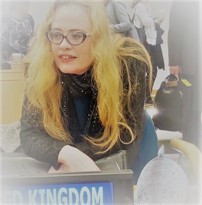
Lowri Mai Griffiths is the Head of the Ocean Policy Unit at the Foreign, Commonwealth and Development Office. The work of the Ocean Policy Unit covers all aspects of the implementation and interpretation of the UN Convention on the Law of the Sea, as well as other marine and maritime issues. Lowri is currently the Head of the UK delegation to the BBNJ Intergovernmental Conference. She is also a member of the UK delegation to the International Seabed Authority.
Prior to joining the Ocean Policy Unit, Lowri was a lawyer in the Foreign and Commonwealth Office Legal Directorate, advising on issues relating to the UK’s Overseas Territories, including maritime boundary negotiations and marine management issues.
Frances Bird
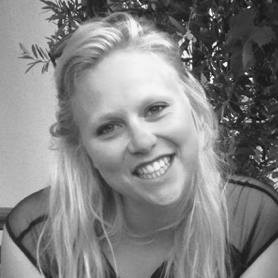
Frances Bird is a Senior Policy Advisor in the International Marine Division of the Department of Environment, Food and Rural Affairs. She leads the Department's engagement with the UN Decade of Ocean Science for Sustainable Development and coordinating scientific input into international ocean policy and wider science diplomacy efforts including with the G7, G20, and United Nations. Before joining Defra, Frances worked at the Royal Society specialising in science policy related to climate and the environment.
Devolved Administrations
Bee Berx (Scottish Government)
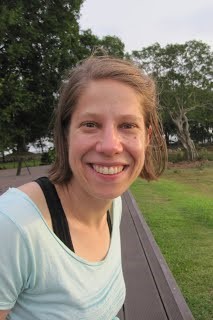
Dr Barbara (Bee) Berx is an observational physical oceanographer and climate scientist in the Marine Scotland directorate of Scottish Government. As a physical oceanographer, her research focuses on disentangling the signals due to climate change from natural variability in the ocean circulation, temperature and salinity of Scottish waters and the adjacent Atlantic Ocean, with a particular emphasis on sustained ocean observations. In her role as Marine Scotland Science Climate Change Lead, she has been working on a range of projects relating to climate change impacts, reduction in greenhouse gas emissions and adaptation to climate change in the marine environment.
Colin Armstrong (Northern Ireland)
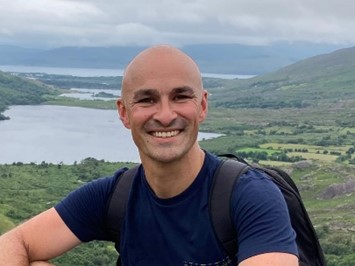
Colin Armstrong is acting Director of Marine and Fisheries Division, since 1 June 2022. Marine and Fisheries Division is responsible for managing the sustainable use of the marine environment and the promotion, protection, enhancement and sustainable use of all fish stocks, inland and at sea (including aquaculture and fish health). Colin’s substantive role is Head of Marine Conservation and he leads on marine biodiversity policy, development of the Northern Ireland marine protected area network, and the implementation of effective management and monitoring.
UK Representatives to the Intergovernmental Oceanographic Commission (IOC) of UNESCO
Alan Evans
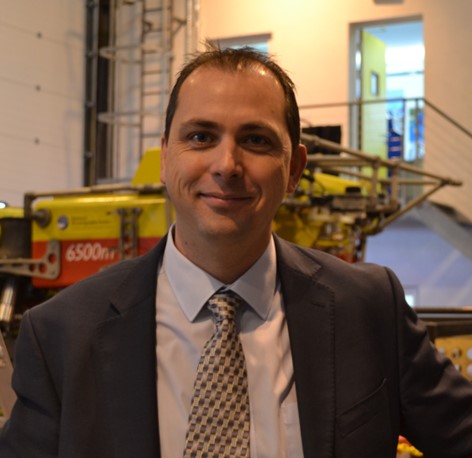
Alan Evans is Head of Marine Policy at the National Oceanography Centre, UK. His research background is in geoscience, starting his career exploring mid-ocean ridges then using those technical skills to delineate continental shelf areas beyond 200 nautical miles. This foray into the application of the United Nations Convention on the Law of the Sea (UNCLOS) has evolved into Alan’s involvement in a number of science-into-policy forum at the UN and in other organisations and initiatives. As the Alternate Head of the UK Delegation at the IOC-UNESCO (IOC) Alan was instrumental in ensuring UK contributions to the development of the Implementation Plan of the UN Ocean Decade and he continues to act as a UK focal point for the IOC providing a conduit between the IOC and the UK Government and the UK marine science community.
John Siddorn
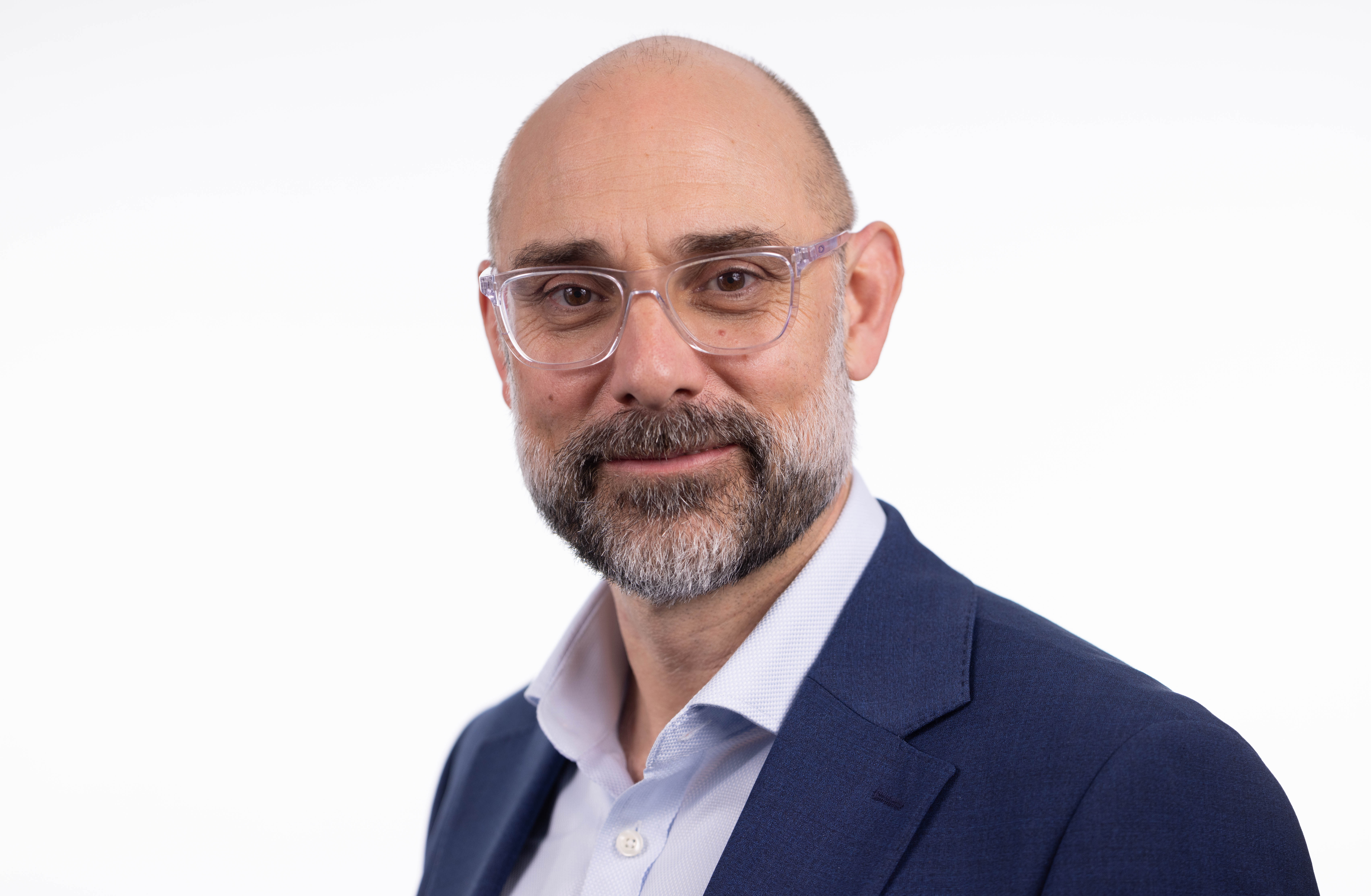
Professor John Siddorn is Chief Executive of the National Oceanography Centre (NOC), where he leads the organisation's mission to gain a deeper knowledge of the ocean to address major challenges facing society and the natural world.
Under his leadership, NOC is driving innovation in digital ocean technologies, autonomous systems, and data-driven science for the benefit of society and the planet, positioning the UK at the forefront of global marine research and environmental resilience.
John is an Honorary Professor at the University of Southampton, an Fellow at the Met Office and a Fellow of the Alan Turing Institute.
He is head of the UK Delegation to the International Oceanographic Commission of UNESCO and has led the formation of Marine Science UK, the umbrella organisation, which he Chairs. He has national and international representative roles and responsibilities including serving on the Governing Boards for the National Partnership for Ocean Prediction, the UN Decade Digital Twins of the Ocean (DITTO) Advisory Board and Ad Hoc Committee supporting the development of OceanObs'29.
Before becoming Chief Executive, John served as NOC's Chief Scientist, where he guided the organisation's research. Earlier in his career, he had senior roles at the Met Office, including Head of Ocean Forecasting R&D, and began his research journey at Plymouth Marine Laboratory as a biogeochemical modeller.